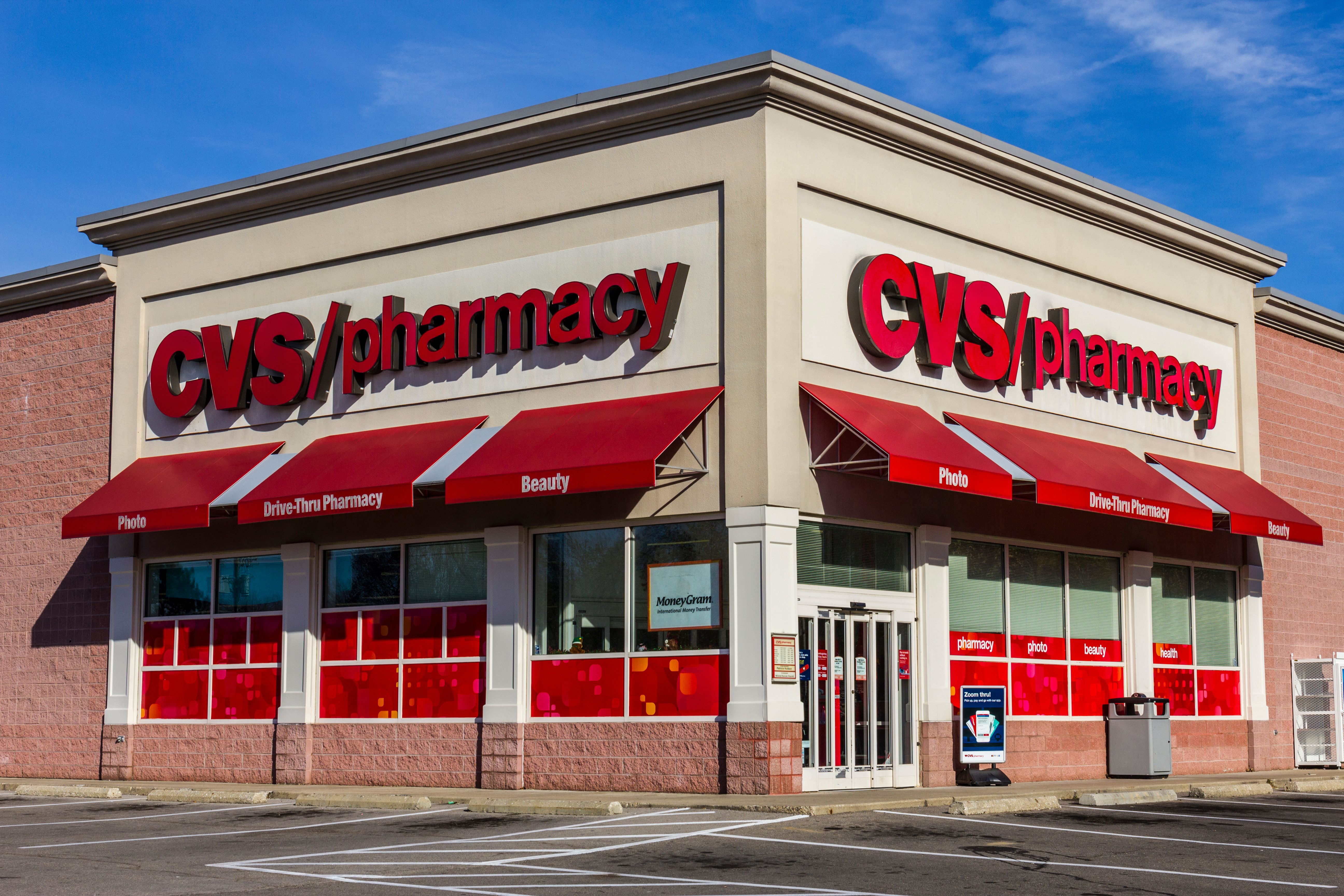- Bone Health
- Immunology
- Hematology
- Respiratory
- Dermatology
- Diabetes
- Gastroenterology
- Neurology
- Oncology
- Ophthalmology
- Rare Disease
- Rheumatology
CVS to Remove Humira From Some Reimbursement Lists in Favor of Biosimilar Options
Starting April 1, 2024, Hyrimoz and an unbranded version of Humira manufactured by Sandoz will be covered across all CVS formularies.
Image credit: jetcityimage - stock.adobe.com

This article was originally published on PharmExec.com. This version has been lightly edited.
CVS Health has announced that it will remove AbbVie’s blockbuster immunosuppressive drug Humira (adalimumab) from some of its preferred formulary drug lists in favor of more affordable biosimilar options for the drug. Starting April 1, 2024, Hyrimoz and an unbranded version of Humira manufactured by Sandoz will be covered across all CVS formularies, with branded and unbranded near copies of Humira manufactured by Biocon covered on some reimbursement lists.
“We are committed to accelerating the adoption of biosimilars and providing customer choice alongside a seamless member experience,” said David Joyner, executive vice president, CVS Health and president of CVS Caremark, in a press release.1 “Our customers want to have choices. By preferring biosimilars that have a significantly lower list price than their reference product, CVS Caremark is putting our customers in the driver’s seat to best meet the health care needs of their members and lower drug costs.”
CVS said that Humira will continue to be an option for consumers with Choice and Standard Opt Out commercial formularies. In November 2023, the FDA accepted a Supplemental Biologics License Application (sBLA) for interchangeability designation for a new adalimumab (Humira) biosimilar, adalimumab-bwwd (Hadlima; Samsung Bioepis Co., Ltd. and Organon & Co.) injection 40 mg/0.4 mL.2
Also in 2023, the FDA granted interchangeability designation to adalimumab-afzb (Abrilada), which was the second Humira biosimilar deemed interchangeable behind adalimumab-adbm (Cyltezo), the only other adalimumab biosimilar with granted interchangeability. Abrilada was the fifth biosimilar overall granted the interchangeability designation and it is projected to launch in the US during the first half of 2024.
A biosimilar granted the interchangeability designation can be substituted for the reference product at the pharmacy level without gaining permission from a physician. Interchangeability designation allows for lower wait times for patients to obtain their medications and improves biosimilar accessibility.
Biosimilars and interchangeable biosimilars do not have any clinically meaningful differences from the branded biologic products for their approved indications in terms of safety, purity, and potency. To be granted the designation by the FDA, the manufacturer must prove the candidate is biosimilar to the reference product; that the biosimilar can be expected to produce similar clinical outcomes as the reference product; and that the risk of adverse events or reduced efficacy from alternating or switching between the biosimilar and the reference product is not greater than the risk of using the reference product without a switch.
Humira biosimilars are tumor necrosis factor-⍺ inhibitors that are indicated for several rheumatic and gastroenterology conditions, such as rheumatoid arthritis, psoriatic arthritis, juvenile idiopathic arthritis, Crohn disease, ulcerative colitis, ankylosing spondylitis, and plaque psoriasis.
“A vibrant and competitive biosimilar market is essential to driving sustainable cost savings and options for consumers over the long term,” CVS said in a press release.1 “The biosimilars market in the US is projected to grow from less than $10 billion in 2022 to more than $100 billion by 2029.”
CVS also announced an agreement with AbbVie to supply the CVS Health company Cordavis with a committed volume of cobranded Humira.
“This will provide another treatment option for adalimumab patients and aligns to the CVS Caremark focus on customer choice and seamless member experience,” CVS said in the release.1 “The Cordavis Humira product will be available in the second quarter. Cordavis Humira provides additional options for payors.”
References
1. CVS Caremark accelerates biosimilars adoption through formulary changes. CVS Health. News release. January 3, 2024. https://www.cvshealth.com/news/pbm/cvs-caremark-accelerates-biosimilars-adoption-through-formulary-changes.html
2. Samsung Bioepis & Organon Announce FDA Acceptance of Supplemental Biologics License Application (sBLA) for Interchangeability Designation for HADLIMA™ (adalimumab-bwwd), a Biosimilar to Humira®. Samsung Bioepis Co., Ltd. News release. November 9, 2023. Accessed January 5, 2024. https://www.globenewswire.com/news-release/2023/11/07/2775667/0/en/Samsung-Bioepis-Organon-Announce-FDA-Acceptance-of-Supplemental-Biologics-License-Application-sBLA-for-Interchangeability-Designation-for-HADLIMA-adalimumab-bwwd-a-Biosimilar-to-Hu.html
Newsletter
Where clinical, regulatory, and economic perspectives converge—sign up for Center for Biosimilars® emails to get expert insights on emerging treatment paradigms, biosimilar policy, and real-world outcomes that shape patient care.
